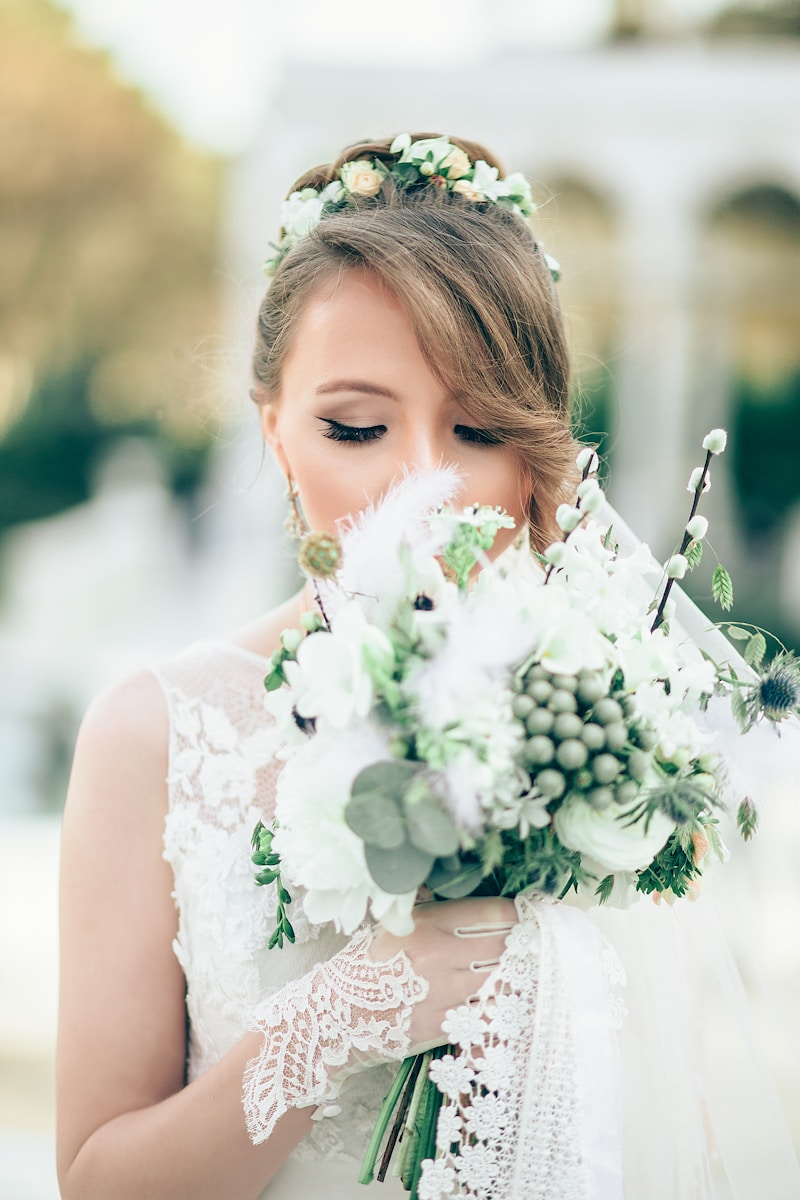Months for Perfect Wedding Attire Preparation: Your Ultimate Guide
Introduction
Planning a wedding can be overwhelming, especially when it comes to selecting the perfect attire. Understanding the months for perfect wedding attire preparation is crucial for ensuring that everything goes smoothly on your big day. In this article, we will explore the timelines involved in preparing wedding attire, from choosing the right dress to coordinating with your wedding party. This guide will provide tips, checklists, and much more to help you get ready for your dream wedding.
Why Timing is Important in Wedding Attire Preparation
Choosing wedding attire is not just about picking a dress or suit; it's about creating a cohesive look that reflects your personal style and the theme of your wedding. Each stage of the wedding attire preparation process takes time, and being aware of these timelines can help you avoid last-minute stress and ensure that everything is perfect.
The Ideal Timeline for Wedding Attire Preparation
A well-structured timeline is essential for perfect wedding attire preparation. Here’s a breakdown of the months leading up to your wedding:
| Time Frame | Task |
| 12+ Months Before | Start researching Wedding Dress Styles and attire options that suit your wedding theme. |
| 9-12 Months Before | Begin shopping for dresses/suits and schedule fittings, considering alterations if necessary. |
| 6-9 Months Before | Finalize your attire choice and purchase it, ensuring that it can be customized or altered if needed. |
| 4-6 Months Before | Coordinate attire for the bridal party and schedule their fittings—this includes bridesmaids and groomsmen. |
| 2-4 Months Before | Complete all alterations on your dress/suit and have final fittings. |
| 1 Month Before | Ensure you have all accessories, including shoes and jewelry, and plan a trial run of your full attire. |
Key Considerations for Different Types of Weddings
When planning for wedding attire, it is important to consider the type of wedding you are having, as this can influence your attire choices. Here are a few popular wedding styles and what you should keep in mind:
Destination Weddings
If you're planning a destination wedding, ensure that your attire is suitable for both the climate and the location. Lighter fabrics might be more appropriate for tropical settings, while heavier fabrics work best for colder regions. Start your preparations even earlier, ideally 12-15 months in advance, to accommodate any travel and shipping times.
Formal Weddings
For formal weddings, such as black-tie events, both the bride and groom should focus on elegant attire. Brides may opt for traditional Wedding gowns, while grooms might consider tuxedos. Keep in mind that formal attire can often require more fittings and alterations to achieve the perfect fit.
Casual Weddings
Casual weddings allow for more flexibility in attire. However, you should still aim for a cohesive look. Start planning 6-9 months prior, and choose fabrics and styles that match the casual theme while ensuring that everyone in the bridal party is appropriately dressed.
Common Questions about Wedding Attire Preparation
As you plan your wedding attire, you may have some common questions that others have asked. Here are a few, along with answers to guide you:
When should I start trying on Wedding dresses?
It is advisable to start trying on Wedding dresses about 9-12 months before your wedding date. This allows ample time for fittings and alterations.
How many fittings should I expect before my wedding?
On average, brides may need three to five fittings to ensure that their dress fits perfectly. Bridesmaids and groomsmen may require one to two fittings depending on the complexity of their attire.
What if I need alterations done on my attire?
It’s essential to factor in time for alterations when planning. Ideally, alterations should be completed at least one month before the wedding to allow time for potential adjustments.
Should the bridal party coordinate their attire?
Yes, coordinating attire within the bridal party helps maintain a cohesive look in wedding photos and aligns with the wedding theme. Start planning this around 4-6 months before the wedding date.
Conclusion
Planning the perfect wedding attire requires foresight and organization. By understanding the months for perfect wedding attire preparation, you can ensure that you have ample time to choose styles, complete fittings, and coordinate with your wedding party. Remember that preparation is key, and starting as early as possible will help to alleviate stress as the wedding date approaches. However, don’t forget to enjoy the process—after all, your wedding day is a celebration of love!
Final Suggestions
Before concluding, here are some key tips to keep in mind:
- Start Early: The sooner you begin your preparation, the less rushed you'll feel as the wedding approaches.
- Consult Experts: Don't hesitate to seek advice from bridal shops and tailors to make informed decisions.
- Schedule Regular Check-ins: Maintain communication with your bridal party to ensure everyone is on the same page regarding timelines and fittings.
- Stay Flexible: Unexpected issues may arise; being adaptable will help you navigate these challenges smoothly.
